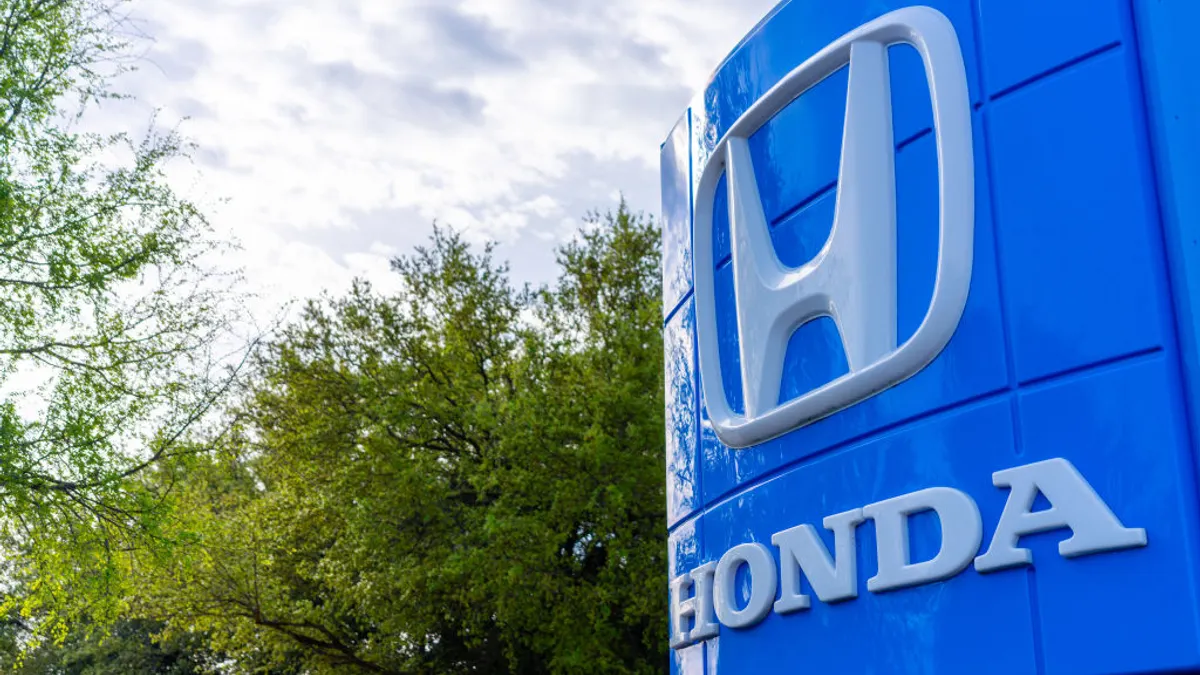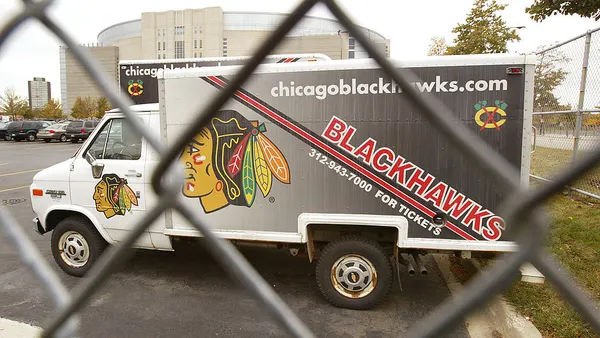Dive Brief:
- A Honda employee may proceed with his lawsuit alleging that the company’s U.S. division violated the Fair Labor Standards Act and state laws when it failed to pay him overtime in the aftermath of the 2021 Kronos outage, a federal judge held July 24.
- In Albert v. Honda Development & Manufacturing of America, LLC, Judge Edmund Sargus Jr. denied Honda’s motions for summary judgment on the question of whether the company excessively delayed compensation for overtime that went unpaid during the outage.
- However, Sargus granted the company’s motion for summary judgment on a portion of the plaintiff’s Ohio state law claims while holding in abeyance a decision on whether Honda is criminally liable under Ohio law. The case consolidated a series of lawsuits relating to the outage, including one 2022 complaint originally filed in Alabama.
Dive Insight:
The facts outlined in Albert are notable given the steps Honda said it took during and after the events of the Kronos outage to compensate employees. The company was one of several forced to take emergency actions to address payroll concerns following the incident.
For example, Honda offered affected employees a $1,000 interest-free loan during the second week of the outage and implemented a new pay method that would compensate nonexempt employees for 40 hours at their regular rate, as well as three hours at their overtime rate, per court documents.
After the outage was resolved, Honda began a reconciliation process in which it attempted to reconcile differences between the new pay method and what should have been paid to affected workers. This “involved analyzing about three million Kronos time swipes, recovering missing scans, and reviewing call-in and leave-of-absence records,” the court said.
Honda issued approximately 20,000 reconciliation payment statements to employees, including a gross amount of more than $2,000 to the lead plaintiff in Albert. When he disputed the amounts provided for certain weeks of the outage, Honda paid the plaintiff for all hours at all pay codes that he asserted for the disputed weeks, as well as an additional inconvenience payment and attendance bonus.
Nonetheless, the plaintiff claimed that Honda did not act in good faith because the company lacked a backup timekeeping system before the incident that would have allowed it to continue to track workers’ hours. He also alleged that Honda’s payment was excessively delayed in violation of the FLSA as well as Ohio’s Prompt Pay Act.
Sargus held that Honda failed to show that the lead plaintiff “lacks evidence that his overtime payments were delayed for a period longer than reasonably necessary.” He declined to opine on the question of whether the company owed back pay or liquidated damages to the plaintiff.
Other employers affected by the outage settled workers’ lawsuits for millions of dollars in recent years. For instance, food corporation Cargill agreed to a $2.4 million settlement of similar claims in 2023, while health system UMass Memorial Health reached a $1.2 million settlement that same year.
Litigation over the outage also has extended to UKG, the HR vendor and parent company of Kronos. The ransomware attack against UKG that precipitated the outage raised questions about HR vendors’ legal liability during disruptions caused by cybercrime.














